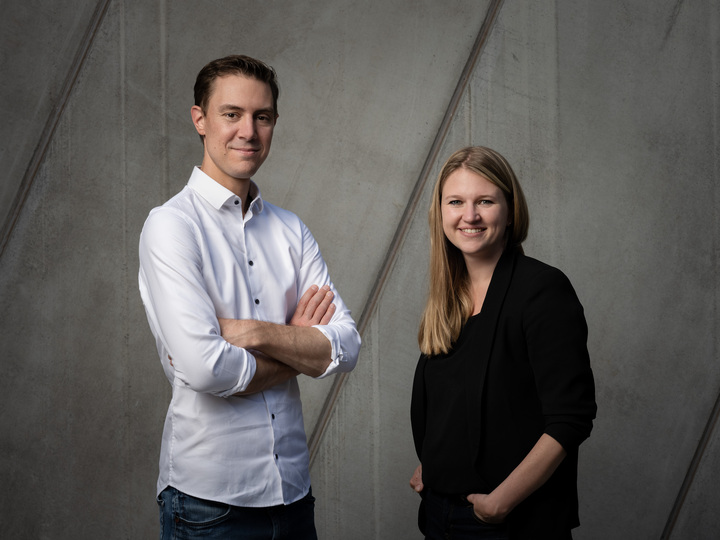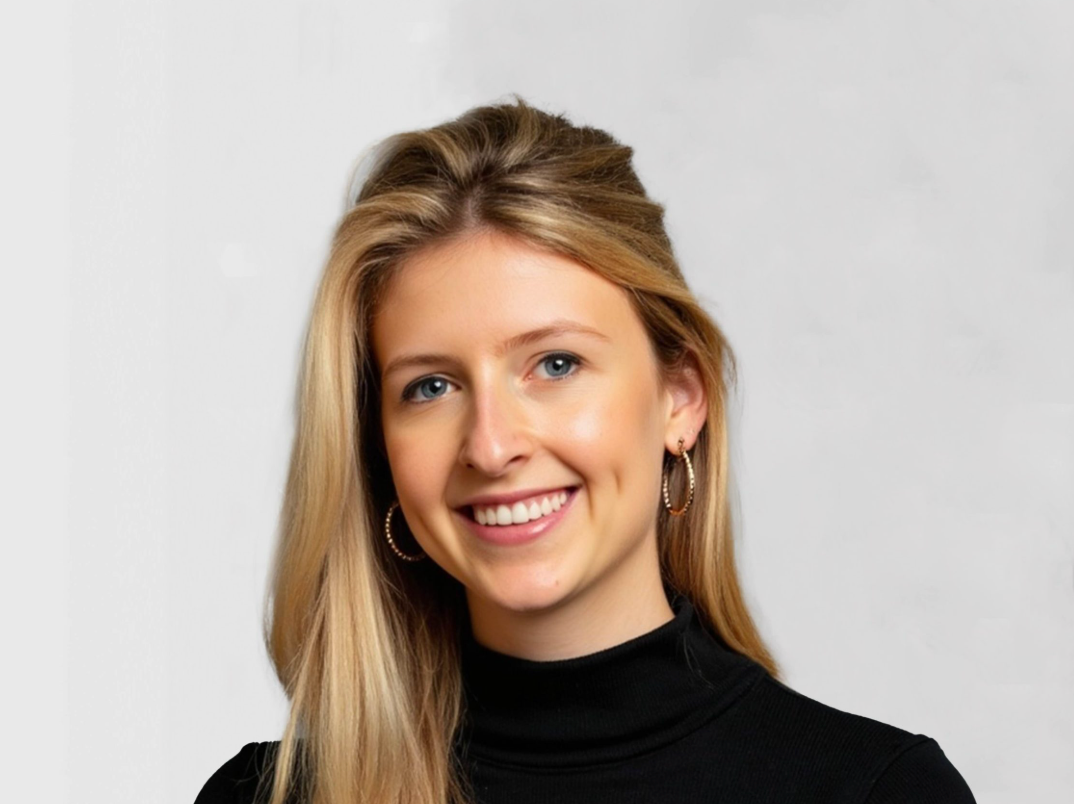David Gilgur, founding partner at Blue Lake VC, who came to the UK from Ukraine 15 years ago, understands the highs and lows of being an immigrant on the British tech scene first-hand.
“We know how wonderful this ecosystem is, but also how pretty damn hard it can be for early-stage founders to build those connections,” he says. “The tech ecosystem tends to be very much about who knows whom, who will introduce whom to whom. And if you're an immigrant, you're lacking that angle.”
He and his cofounder, Lyubov Guk, also a Ukrainian, decided that their London-based VC firm would back other immigrants, like themselves. “We feel it's our responsibility,” he says.
But this choice was not only personal — it was also pragmatic. In the US, more than half of its unicorns have been founded by immigrants, according to recent studies. While there’s no similar research for Europe as a whole, according to research from 2019, 49% of the UK’s fastest-growing startups — including Deliveroo, Checkout.com and Improbable — had at least one immigrant cofounder.
“It's been overlooked,” says Gilgur. “These guys are far below VCs’ radar. So we thought there's a wonderful opportunity for us.”
Diaspora mindset
People who made the bold move to emigrate to another country often have characteristics that many VCs look for in founders.
“Being an immigrant, you often have an overlap of the traits which you would like to see in a founder. There is this level of hunger,” says Gilgur. “On average, almost by definition, that person that left his or her country and moved to another country has higher levels of drive, initiative, resilience.”
In more practical terms, diaspora founders often have advantages that make them stand out among their local peers — like a diploma from a top university and a network of contacts in the more developed tech ecosystems.
“There are more A+ people in diaspora than in local markets,” says Enis Hulli, a general partner at 500 Istanbul, a VC firm that invests in diaspora founders from Turkey and CEE region. “After Stanford, they want to stay in California, not come back to Istanbul.”
He stresses that those who have been living and working in the world’s most developed tech ecosystems for some time have seen and experienced numerous examples of how startups grow and fail. “Those in the local markets, they have to learn on the job because they don't have that many examples surrounding them,” he says.
But the incentives are also economic — diaspora founders more often decide to set up at least part of their companies in their home countries, which tend to be more cost efficient than the US and the UK. International giants like UiPath, Pipedrive, Wise and Revolut all keep hiring engineers in their home countries in eastern Europe despite moving the headquarters elsewhere.
“If you compare a startup built by a founder in CEE who then moved their headquarters to London or to the US [to a startup that began in the UK or the US], what strikes you the most is that it’s likely to get to the same level of revenue much more efficiently,” says Donatella Callegaris, managing partner at Flashpoint, an international asset management company that backs diaspora founders of SaaS companies from the wider CEE region and Israel.
“We can safely say there's a five times-plus higher capital efficiency versus the UK and the US due to the low wages, and the fact that they start with less capital,” she adds.
How to get them all
All this makes diaspora founders perhaps more likely to go after top-tier investors — meaning that smaller, regional VCs which are specifically interested in diaspora founders need to scout them out early and attract them to their funds.
“There's a cultural aspect of it,” says Hulli. “You can say: ‘Hey, I have better access, because I'm from that culture. I know people in the ecosystem. I have a signalling advantage where I get those signals faster than top-tier funds in the US because they don't have the cultural affinity.’”
But this isn't enough, he adds. 500 Istanbul is, for example, scouting founders among the Turkish diaspora in the US. It also maps the best Turkish talent — and that database can later be used to entice startups that want to recruit top talent in their home countries. 500 Istanbul also allows its portfolio companies to invest in its new funds, even with small tickets — to create an even bigger network of potential founders and talent.
Blue Lake has focused a lot on founders from the Ukrainian diaspora. It is, for example, working with Tech Nation, a British network of entrepreneurs, which issues tech visas for global tech talent that wants to work in the UK. Blue Lake organises “international office hours” for the visa recipients to meet them and connect them with other early-stage British VCs.
“It's way messier than I like,” Gilgur says. “But it probably would be too ambitious to think ‘Okay, we have to handle all of the immigrants who don't have a British passport’. But altogether, this massive puzzle generates some incredible founders that we get to meet.”



